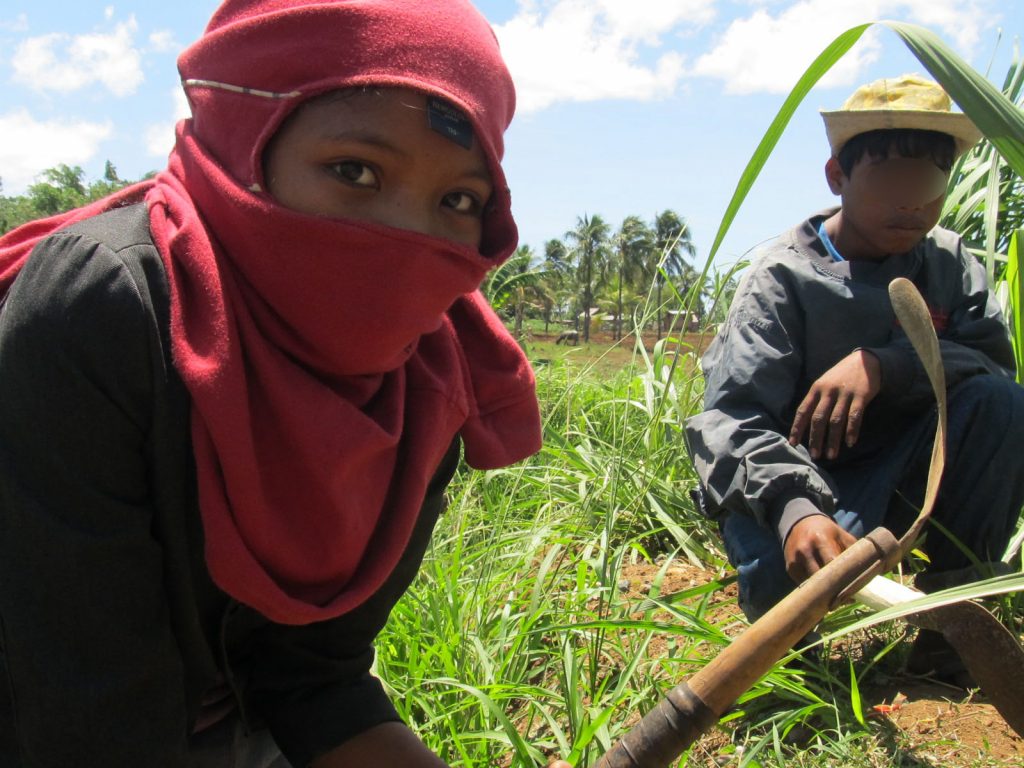EILER’s statement on the World Day Against Child Labor
EILER enjoins the world in calling an end to child labor, as the United Nations declared 2021 as “the Year for the Elimination of Child Labor.” Child labor pertains to labor that interferes with a child’s deveopment and compromises their health, education, and well-being.
The Philippines continues to experience worsening child labor practices especially amid the pandemic and economic crisis.
According to the Philippine Statistical Authority’s 2019 Annual Poverty Indicators Survey, around 7.6% or 1.19 million of the 15.64 million Filipino families had working children ages 5-17 years old. Majority of child labor practices can be seen in the poorest and agriculturally backward regions such as in Northern Mindanao (23.3%), Bicol Region (15.4%), Eastern Visayas (13.5%), and Caraga (12.2%).
The prevalence of exploitation and child labor stems from failure to address the root cause of poverty and continued economic backwardness of the country. Despite being an agricultural country, the majority of Filipino farmers have little to no land, and don’t earn enough to support their family. Many are also unemployed or are not earning enough. These conditions force children to abandon school to find work. This case was exemplified by Reymark, a 10 year old from Sultan Kudarat, who was forced by conditions to till land to help bring food for his family.
Lack of access to quality education further exacerbates the situation. Around two million youth are currently out of school and are left behind because of the government’s abrupt push for remote learning without providing proper equipment and facilities. Many of these out of school youth are pushed to abandon their studies to find work to help their family cope with the crisis brought about by the pandemic.
While there are laws that supposedly protect children from exploitative labor, the government still fails to provide the necessary support to eradicate it. The government continues to ignore the calls of the youth for student aid, as well as the call for P10,000 social aid and P100 wage relief for workers affected by the pandemic.
As we commemorate the International Day Against Child Labor, we call the people to continue to fight for children’s rights and to urge the government to provide ayuda and adequate support for families and children. Child labor will only end if we address the root cause of poverty. #

